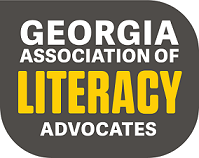Leveraging AI to Enhance Literacy in Students with ASD: Insights and Applications
DOI:
https://doi.org/10.56887/galiteracy.183Keywords:
autism spectrum disorder, literacy, artificial intelligence, interventions, educational settingsAbstract
Students with autism spectrum disorder (ASD) face unique challenges in literacy development, often requiring more individualized support than traditional interventions can provide. This paper explores the potential of generative artificial intelligence (AI) tools, such as AI-powered notetaking, natural language processing (NLP) applications, image generation, and AI-powered tutoring, to enhance literacy outcomes for students with ASD. Drawing on both research evidence and clinical practice, the paper highlights how AI tools can offer personalized, adaptive learning experiences that promote key literacy skills such as reading fluency, vocabulary acquisition, and writing organization. These tools provide a flexible and engaging approach to learning that can increase confidence and reduce anxiety, particularly for students who struggle with traditional methods. The paper also offers practical strategies for educators, therapists, parents, and policymakers to effectively integrate AI tools into educational and therapeutic settings, ensuring a collaborative approach to supporting students with ASD. However, the author stresses that while AI offers promising support, it is most effective when used alongside traditional literacy strategies and continually assessed to ensure it meets the evolving needs of students with ASD.



